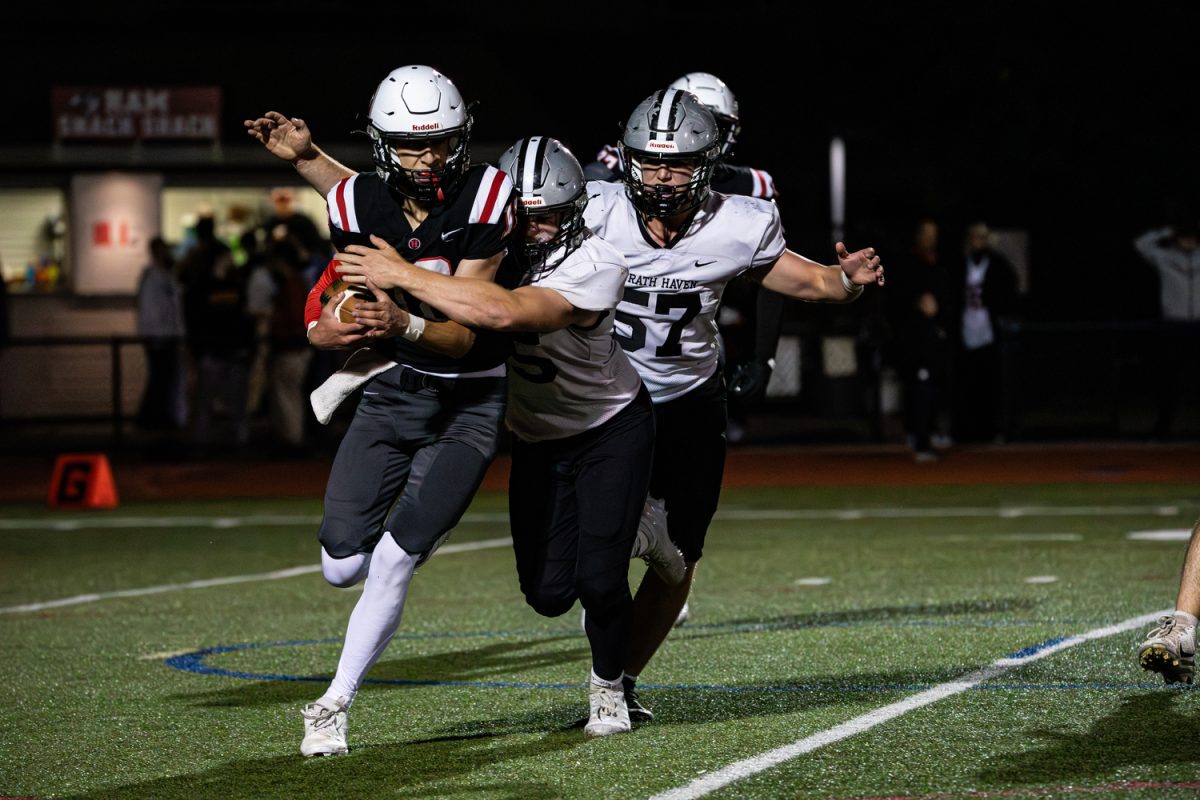Admissions can’t be equal if the path to get there is not
In the midst of controversy, we should imagine what we stand to lose without affirmative action.
Feb 25, 2023
When it comes to affirmative action in higher education, it’s important to remember that when affirmative action was first passed in 1961, higher education—aside from some Historically Black colleges and universities—was reserved almost solely for white men.
The extra boost to recruit more minorities in higher education strived to create equal educational opportunities for all Americans. However, with recent headlines from the supreme court hearing, affirmative action has gained a massive spotlight for its alleged discrimination against Asian-American students in college admissions.
I’m not writing this article to make the argument that there should be fewer Asian-Americans in higher education, but instead that in the midst of this controversy, we should imagine what we stand to lose without affirmative action.
The major argument is not that Asian-Americans are being denied admission, but that universities are using affirmative action as a means to prioritize recruiting higher percentages of other minorities in their place.
And this here is my biggest problem with affirmative action; the philosophy that every applicant should have an equal shot in college admissions. I know that statement hits the ear wrong, and honestly I do believe college admissions should be completely equal.
However, the reality of the situation is that college admissions can’t be equal if the path to get there is not.
While college admissions should be a meritocracy, the reality is that not every applicant comes with the same advantages. The racial wealth gap in America varies considerably by race, but Asian and white Americans still clock in at the two highest-earning median household incomes, according to PGPF.org.
It’s no surprise that with statistics like these, Asian and white Americans also report the highest college enrollment rates per capita.
In a reality like this, it’s time for us to admit that opportunities in higher education reflect the opportunities given in society. I’m not saying all Asian or white Americans will have the opportunity to access a college education, but I am saying they have a disproportionate advantage in comparison to other racial demographics in America.
This inequality is exactly why we need affirmative action.
College should focus on enriching the development of young minds, and this includes exposing students to diverse perspectives, ideas, and most importantly, people.
Affirmative action does not mean that less qualified candidates are given preferential treatment. Rather, it aims to create a level playing field so that all qualified candidates have equal access to higher education by evaluating the talents of students in the context of the social inequalities they’ve faced.














